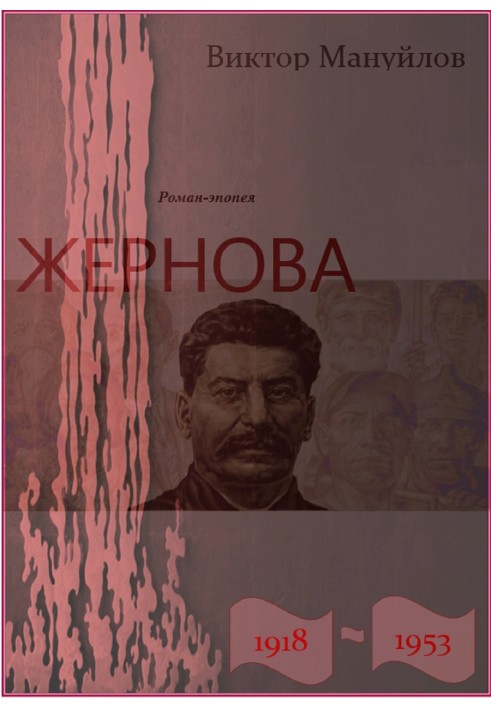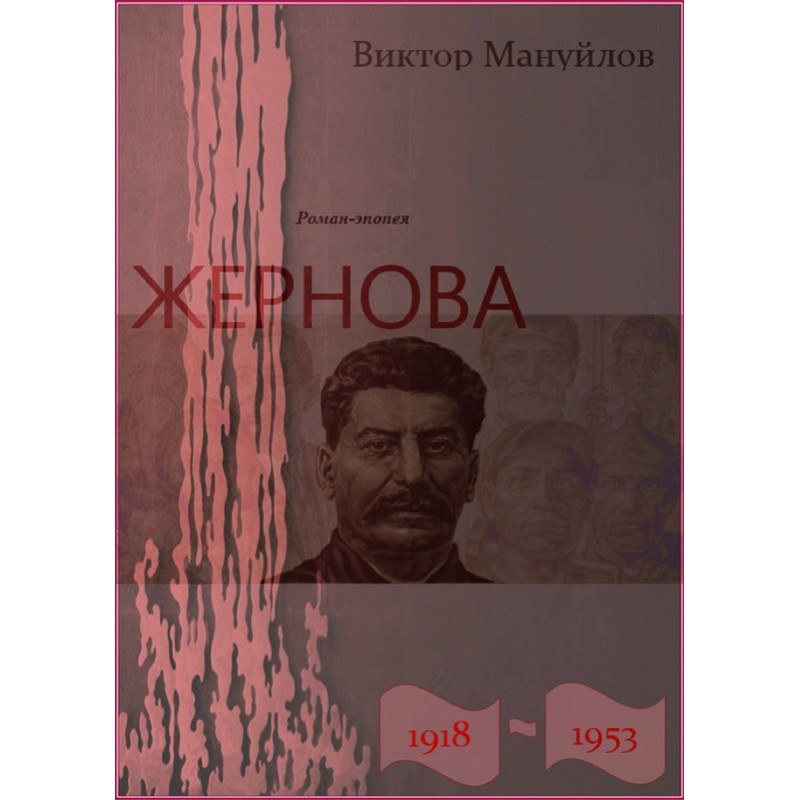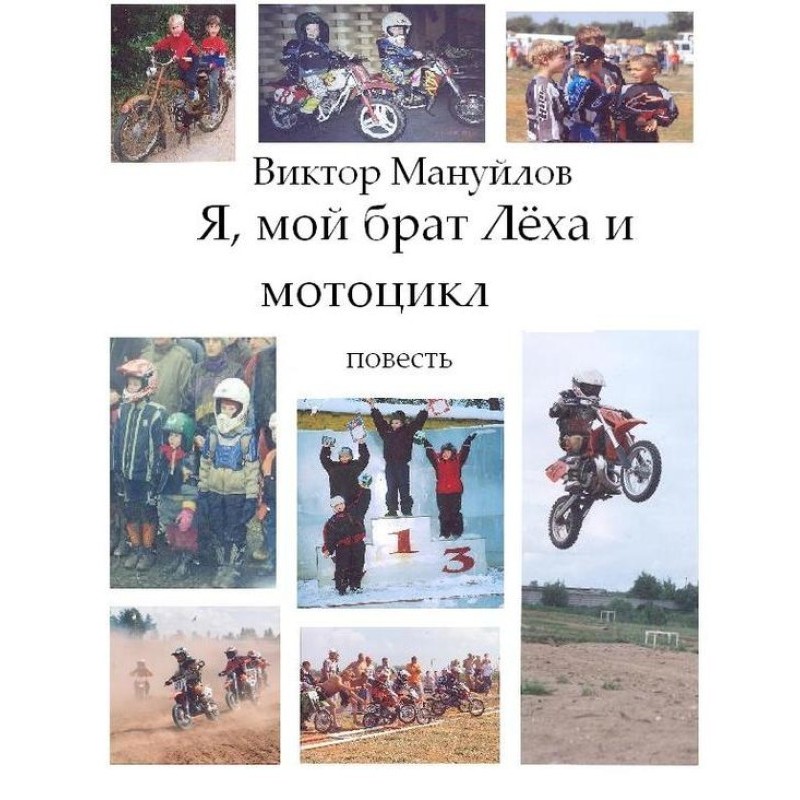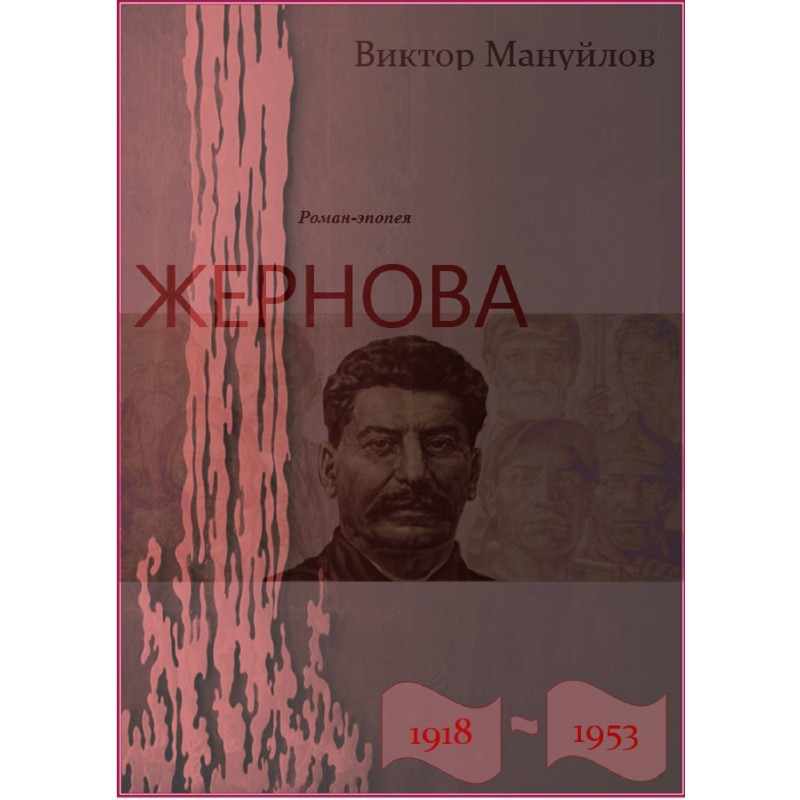Millstone. 1918–1953. Book thirteen. Doom
 Instant download
Instant download
after payment (24/7)
 Wide range of formats
Wide range of formats
(for all gadgets)
 Full book
Full book
(including for Apple and Android)
“Alexander Voznitsyn put his hand aside and tiredly straightened his back. In recent years, he has become somewhat thicker; his once thick hair has turned into light white curls framing his extensive bald spot. Perhaps only the hands remained the same: wide palms with long, strong and very sensitive fingers protruded from the worn sleeves of a corduroy jacket and lived as if a life separate from their owner, and the eyes shone with the same insight and childish surprise. The workshop bequeathed to him by the artist Novikov has survived during the war, it was redesigned and reduced, giving part of the area to two rooms for children. Now there was a small space left for work near one of the two Venetian windows, the second went to the living quarters. But Alexander did not complain: others don’t have this either. Rubbing his lower back with both hands, he walked away from the canvas. A dozen and a half people looked at Alexander from the huge canvas, looking with the inexorable demand and hope with which they look at a person on whom not only their well-being, but also their lives depend. These were blockade survivors, with wasted faces and skinny bodies, dressed in God knows what, mostly women and children, old men and women, who came to the Neva for water. Behind them could be seen the dark block of Isaac, covered with a frosty haze, the rearing statue of Peter the Great, surrounded by sandbags; The corner of the Admiralty seemed like a piece of dirty ice, and in front of all this stretched the broken shadows of the passing formation of soldiers - only long slanting shadows cast by the dim light of the setting sun...”
Data sheet
- Name of the Author
- Виктор Мануйлов Васильевич
- Language
- Ukrainian
Reviews
Глибока та зворушлива історія про людську долю
Книга "Жорнова. 1918-1953. Приреченість" вражає своєю емоційною глибиною та майстерністю опису переживань головного героя, Олександра Возніцина. Автор вміло передає атмосферу епохи, в якій живе персонаж, і через його очі ми можемо відчути всі труднощі та страждання людей, які пережили блокаду. Описані сцени з життя блокадників, їхні обличчя, сповнені надії та відчаю, залишають глибокий слід у серці. Книга не лише розповідає про війну, але й про людську стійкість, віру в краще майбутнє та мистецтво, яке здатне зберегти пам'ять про цю важку епоху. Хоча переклад тексту місцями може бути не зовсім точним, це не зменшує загального враження від твору. Рекомендую всім, хто цінує глибокі та змістовні історії про людську долю в умовах екстремальних обставин.

























